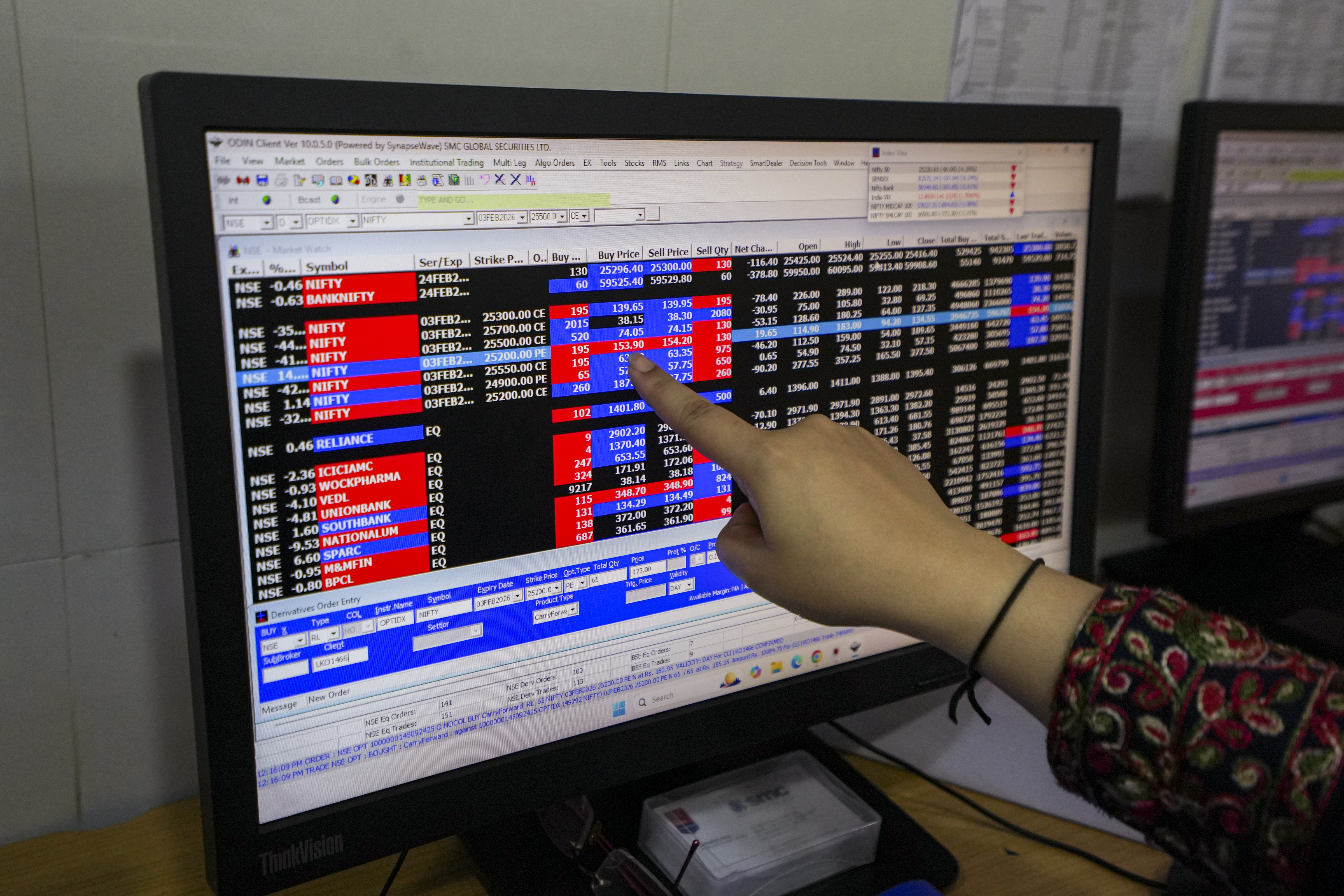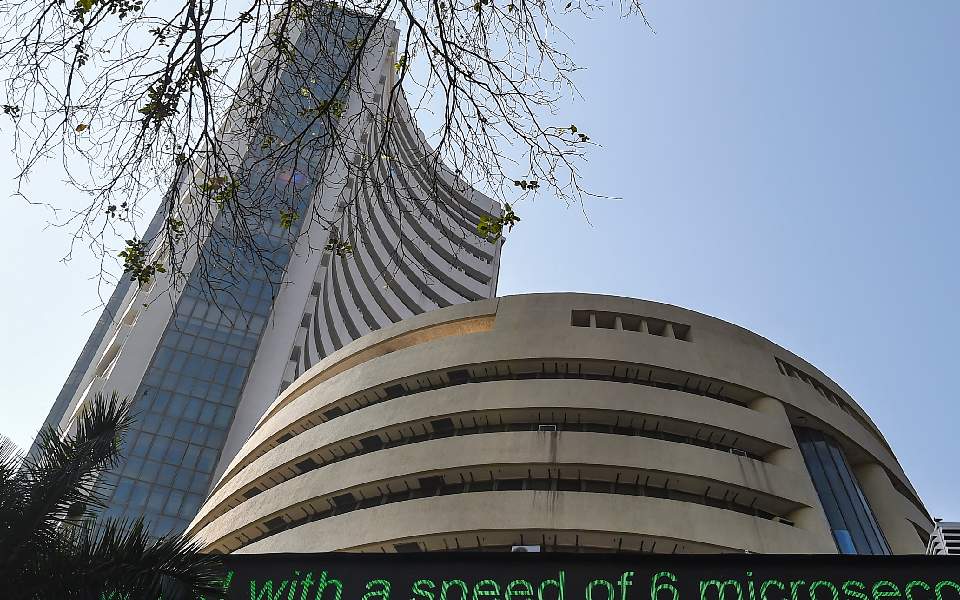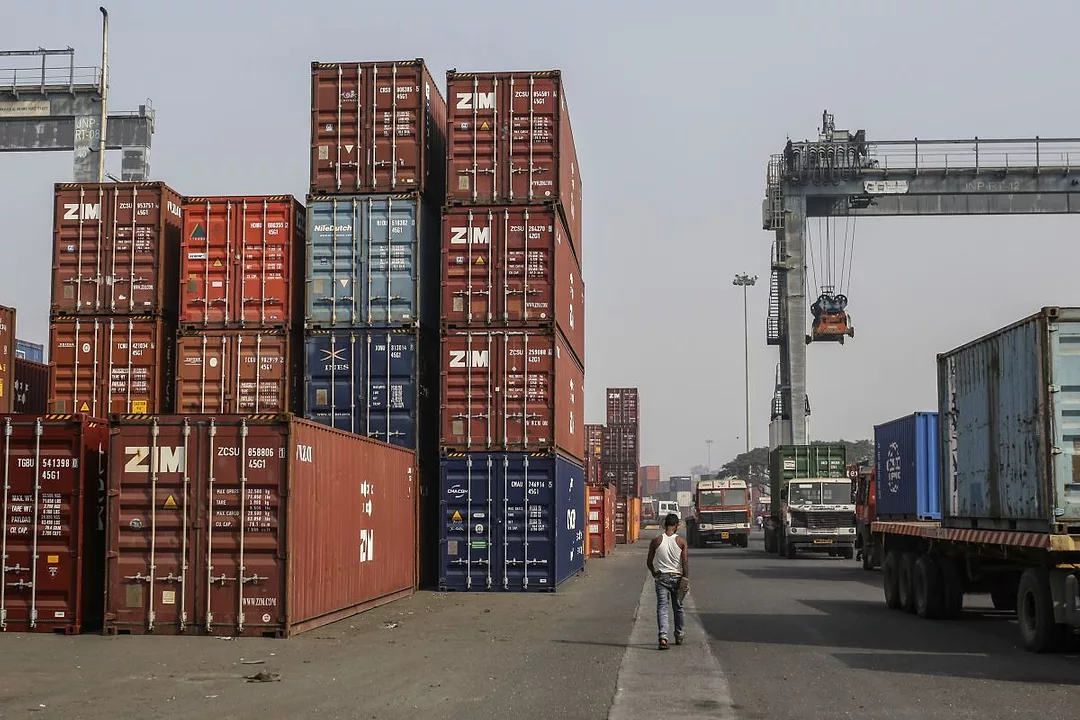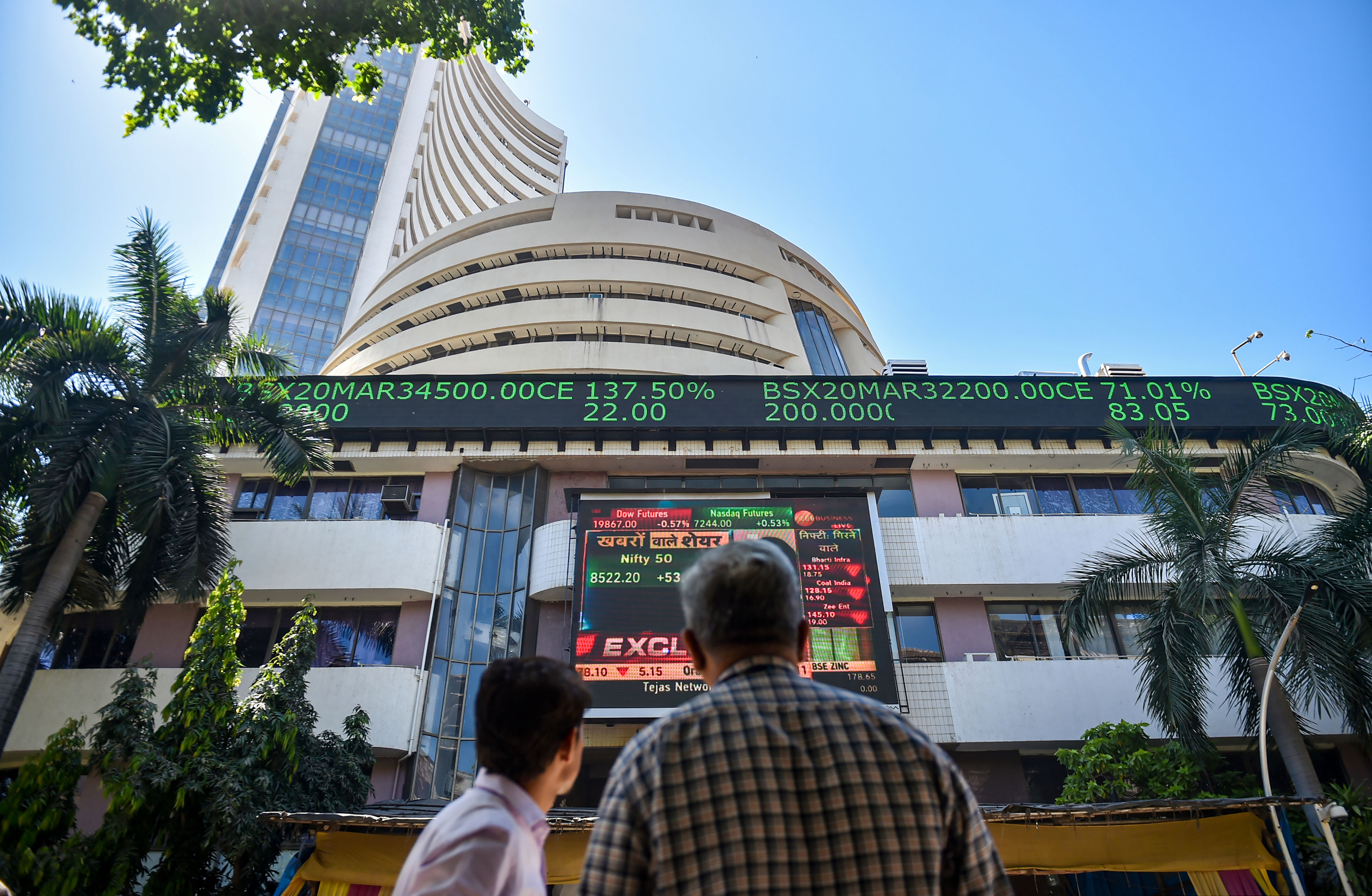Oil gains, US stock futures, Asian shares slip after US strikes Iran nuclear sites
The conflict began with an Israeli attack against Iran on 13 June that sent oil prices yo-yoing and rattled other markets.
PTI
-
New York Stock Exchange (Wikipedia)
Bangkok, 23 June
Global markets appeared to take the US strike against nuclear
targets in Iran in stride as the price of oil initially jumped more than 2% but
fell back slightly on Monday. US stock futures and Asian shares declined.
Investors were watching to see how Iran reacts, analysts said, while the US military's strike on three Iranian sites raised urgent questions
about what remains of Tehran's nuclear program.
"I believe what we are thinking is or the thinking is that it
is going to be a short conflict. The one big hit by the Americans will be
effective and then we'll get back to sort of business as usual, in which case
there is no need for an immediate, panicky type of reaction,” said Neil Newman,
managing director of Atris Advisory Japan.
The price of Brent crude oil, the international standard, was up
2% at $78.52 a barrel. US crude also jumped, gaining 2% to $75.34 a barrel by
midday Monday in Asia.
The attacks Saturday raised the stakes in the war between Israel
and Iran, and futures for the S&P 500 and the Dow Jones Industrial Average
slipped 0.3%, while Nasdaq futures fell 0.5%. Treasury yields were little
changed.
The conflict began with an Israeli attack against Iran on 13 June
that sent oil prices yo-yoing and rattled other markets.
Iran is a major producer of oil and also sits on the narrow Strait
of Hormuz, through which much of the world's crude passes. Closing off the
waterway would be technically difficult to pull off but it could severely
disrupt transit through it, sending insurance rates spiking and making shippers
nervous to move without US Navy escorts
“The situation remains highly fluid, and much hinges on whether
Tehran opts for a restrained reaction or a more aggressive course of action,”
Kristian Kerr, head of macro strategy at LPL Financial in Charlotte, North
Carolina, said in a commentary.
Iran may be reluctant to close down the waterway because it uses
the strait to transport its own crude, mostly to China, and oil is a major
revenue source for the regime.
“It's a scorched earth possibility, a Sherman-burning-Atlanta
move,” said Tom Kloza, chief market analyst at Turner Mason & Co.
"It's not probable.”
Kloza thinks oil futures will ease back down after initial fears
blow over.
Ed Yardeni, a long-time analyst, agreed, writing in a report that
Tehran leaders would likely hold back.
“They aren't crazy,” he wrote in a note to investors Sunday. “The
price of oil should fall and stock markets around the world should climb
higher.”
In Asian trading early Monday, Taiwan's Taiex fell 1.3% while the
Kospi in South Korea initially lost 1% but then regained some lost ground to be
down 0.4%. Much of East Asia relies heavily on oil imported through the Strait
of Hormuz.
In Tokyo, the Nikkei 225 edged 0.1% lower, to 38,366.53, as losses
for most shares were offset by gains for defense oriented stocks. Mitsubishi
Heavy Industries climbed 0.8% and ShinMaywa Industries, another major weapons
maker, surged 1.5%.
Hong Kong's Hang Seng lost 0.1% to 23,498.82, while markets in
mainland China advanced. The Shanghai Composite index picked up 0.2% to
3,365.07.
In currency dealings, the US dollar rose to 146.90 Japanese yen
from 146.66 yen. The euro climbed to $1.1496 from $1.1473.
Leave a Reply
Your email address will not be published. Required fields are marked *








.jpg)


.png)





.png)


